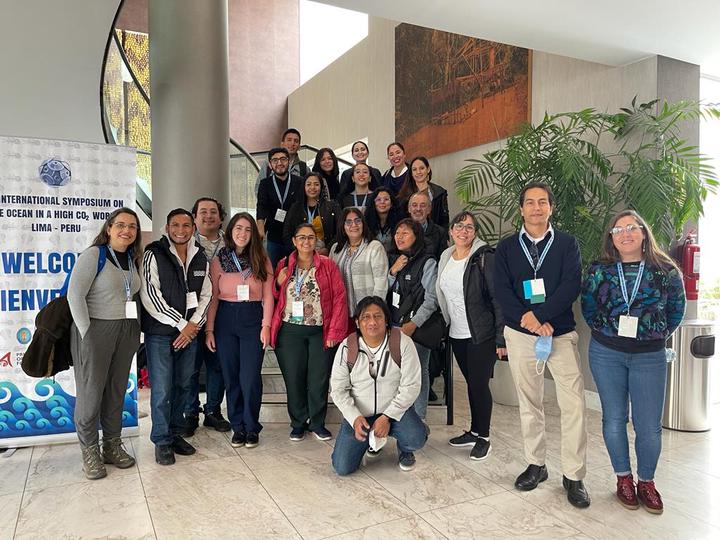Modeling the multiple action pathways of projected climate change on the Pacific cod (Gadus macrocephalus) early life stages

Abstract
Ocean acidification (OA) has the potential to significantly affect the production of valuable fishery resources, including gadids and other groundfishes through multiple ecological pathways. These include the direct physiological effects on larvae growth and survival as well as potential disruption of sensory systems and foraging behaviors. Indirect effects include alteration of species composition, productivity, and nutritional value of lower trophic levels. Best predictions, based on food-web theory and phytoplankton physiology, indicate a loss of essential nutrients (e.g. essential fatty acids) available to higher levels of the food web. Accurate predictions of the effects of OA on the productivity of critical marine resource species is dependent upon an improved understanding of OA’s multiple ecological pathways, the interactions between them, and their relationship to other environmental and ecological stressors. In this study, we develop a model describing the multiple action pathways of OA for Pacific cod in the eastern Bering Sea. This Individual Based Model of the early life history is parameterized from empirical observations of responses to variation in CO2, temperature, and prey quality and quantity for Pacific cod and its congeners. By integrating with the recently validated carbonate system components in the Regional Oceanographic Model System (ROMS) Bering10K model, this study provides spatially-explicit estimates of climate change effects on Pacific cod recruitment potential in the Bering Sea. Moreover, our analyses quantify the relative importance of the multiple action pathways by which OA and temperature changes will impact Pacific cod. Finally, we discuss about how these changes could impact the entire stock and its fishery.